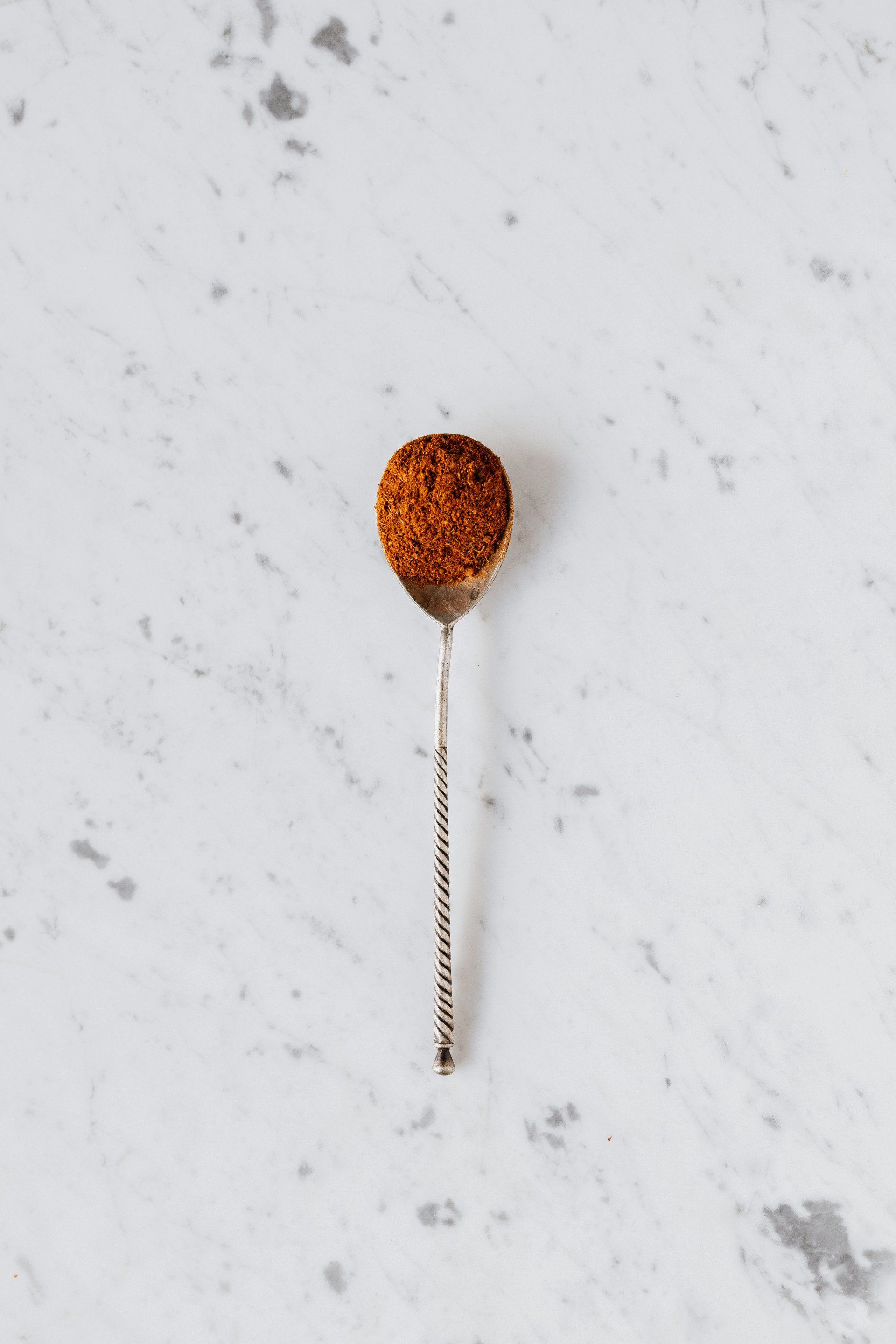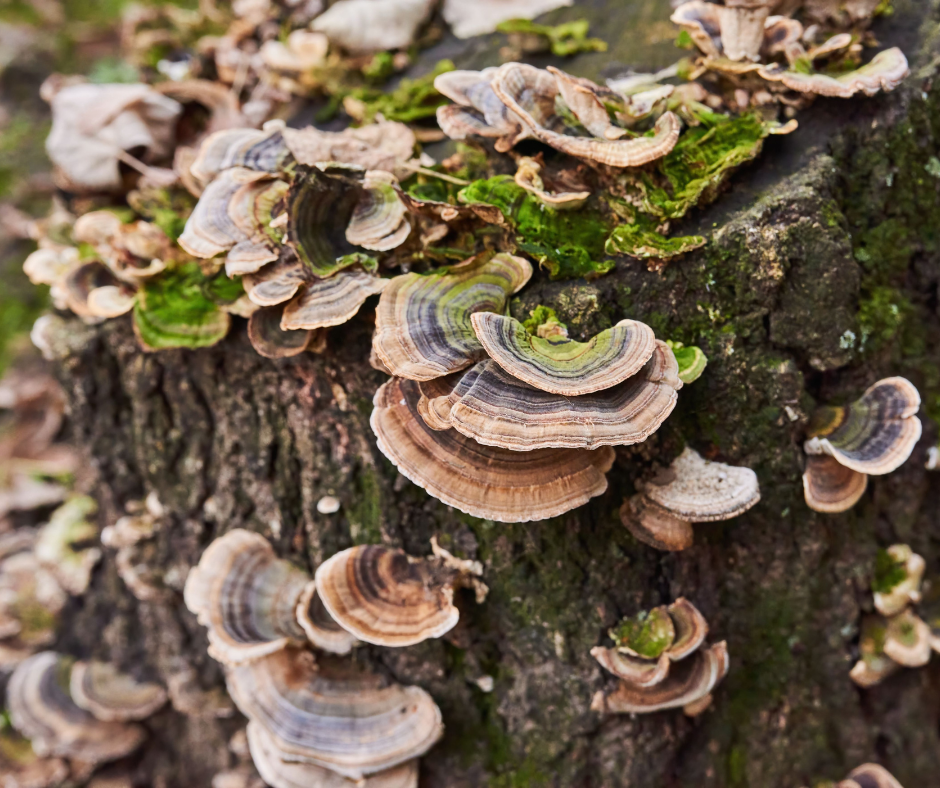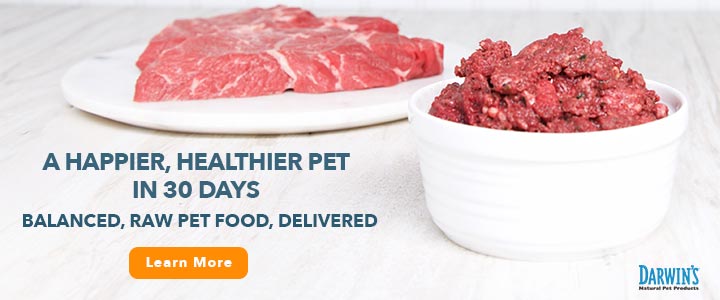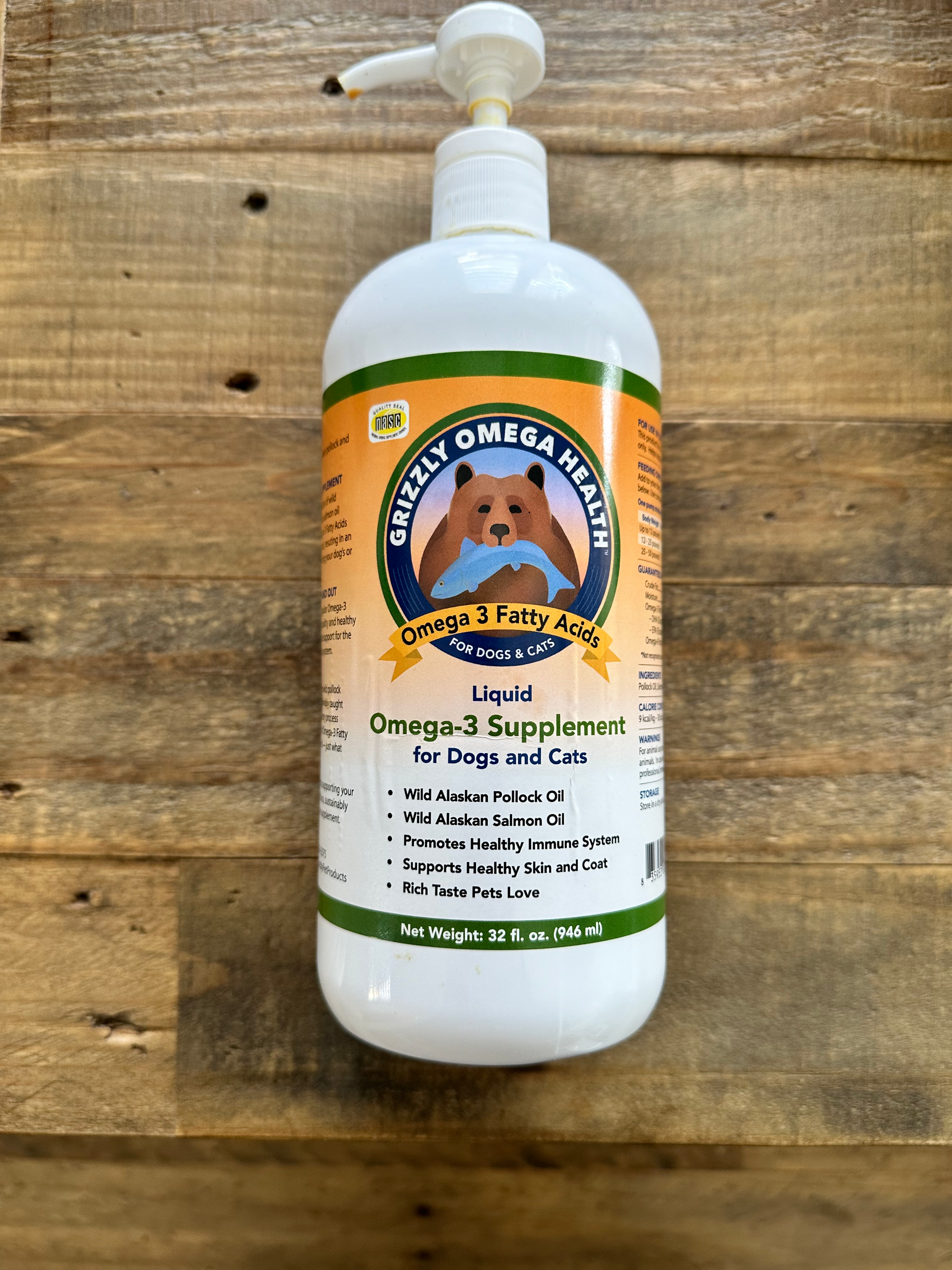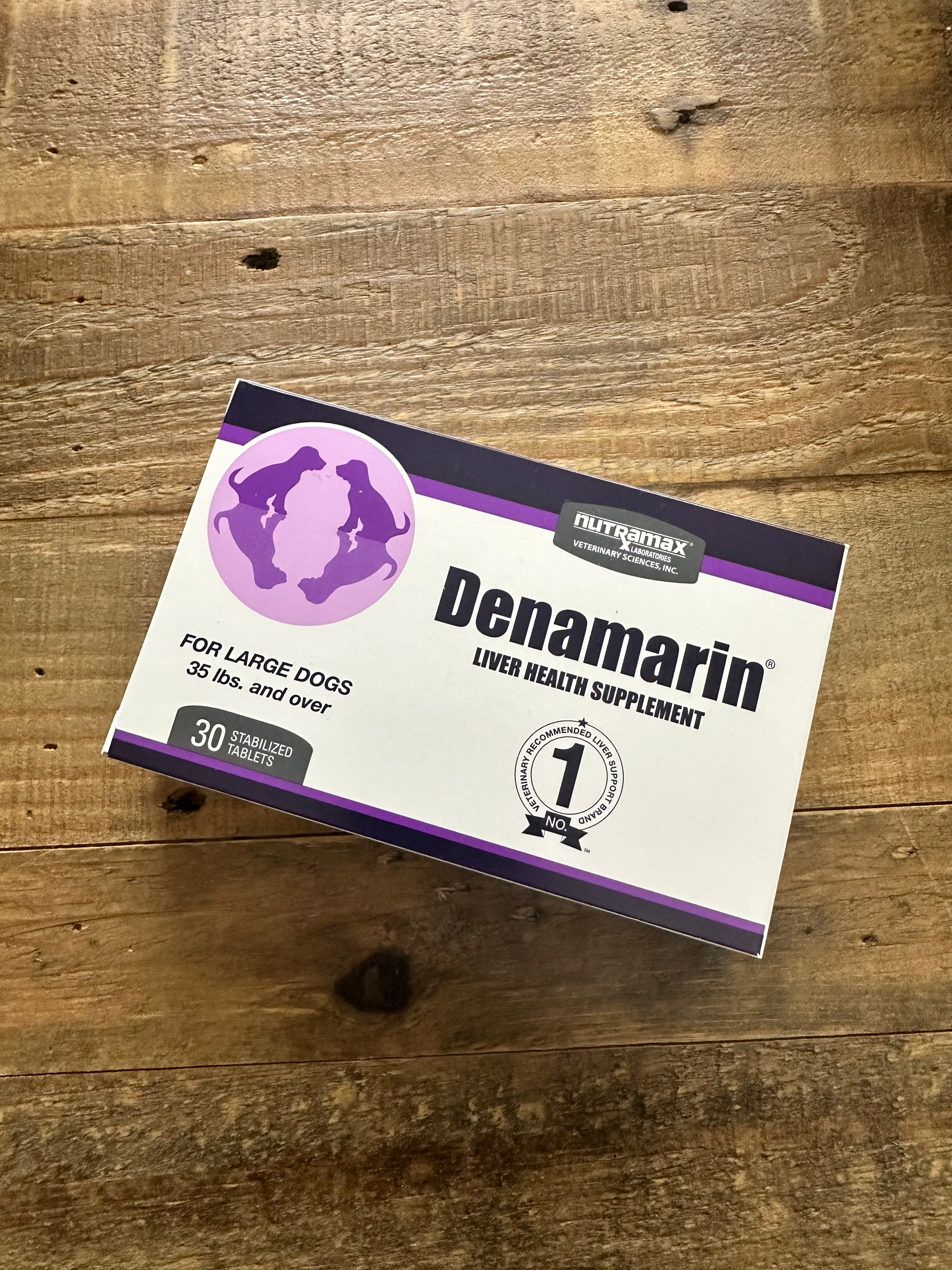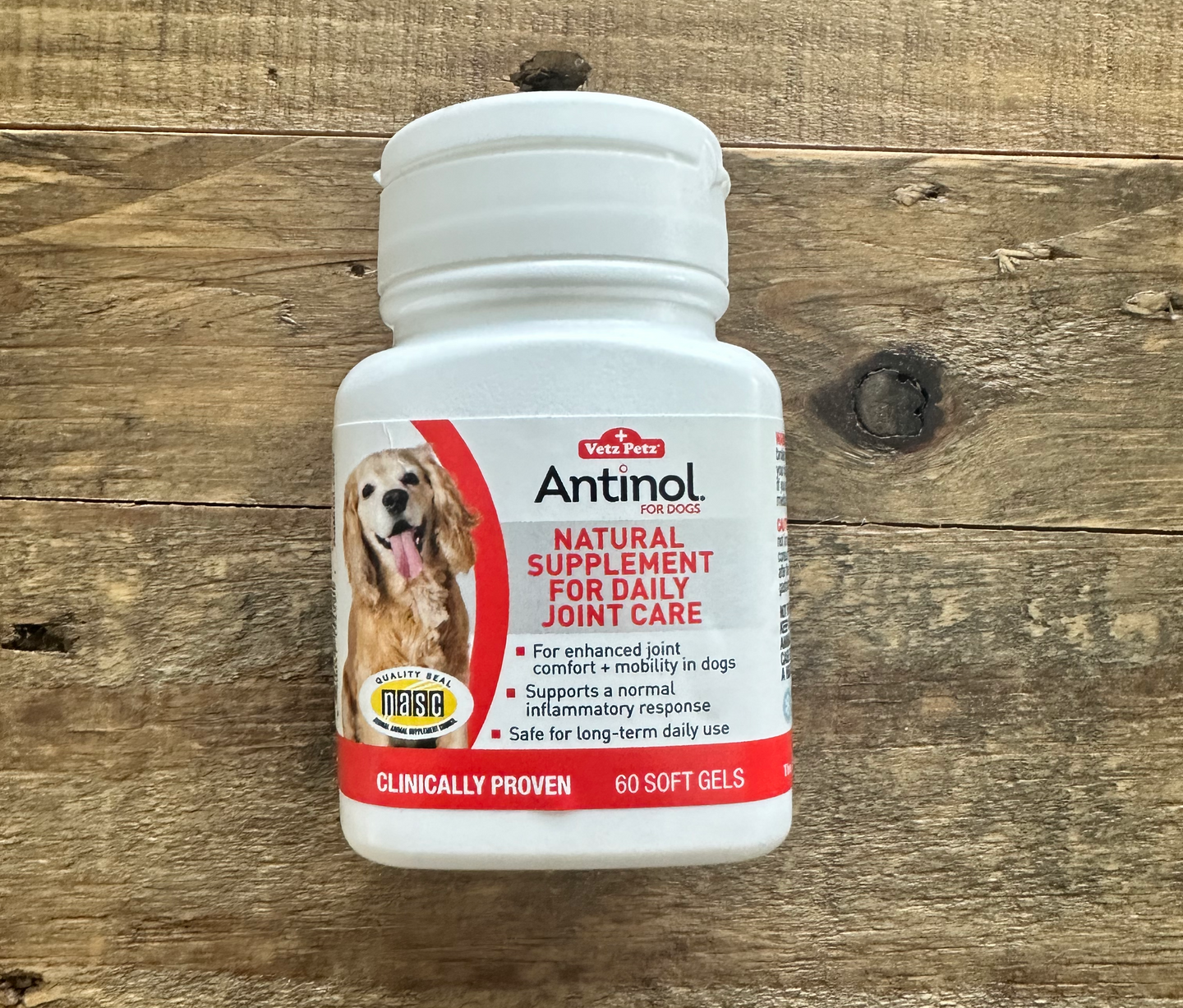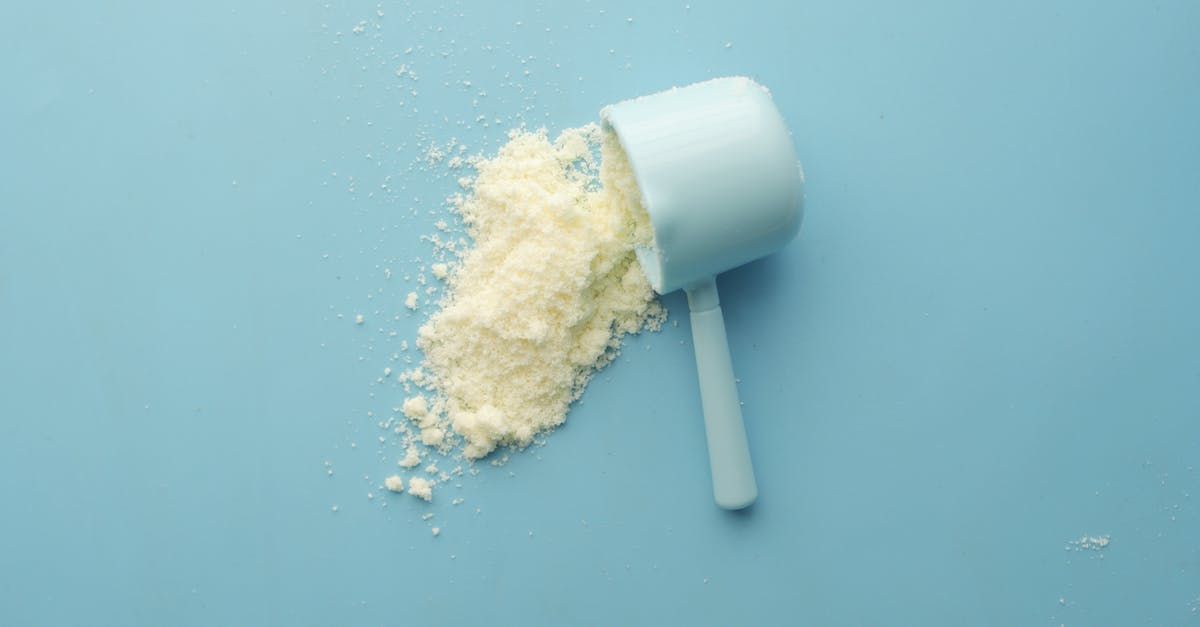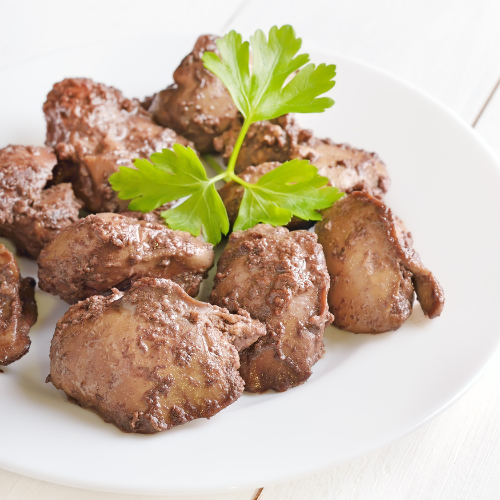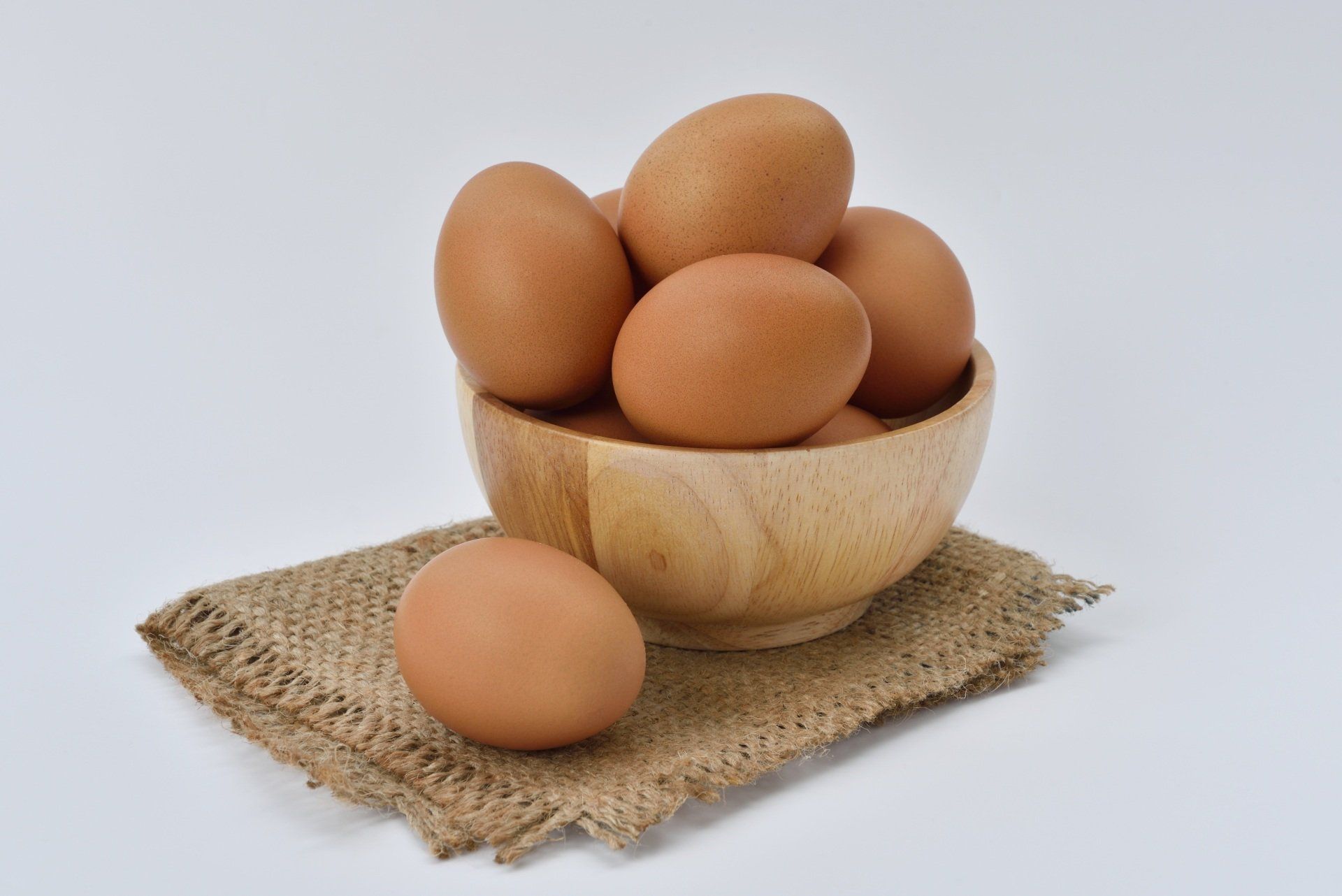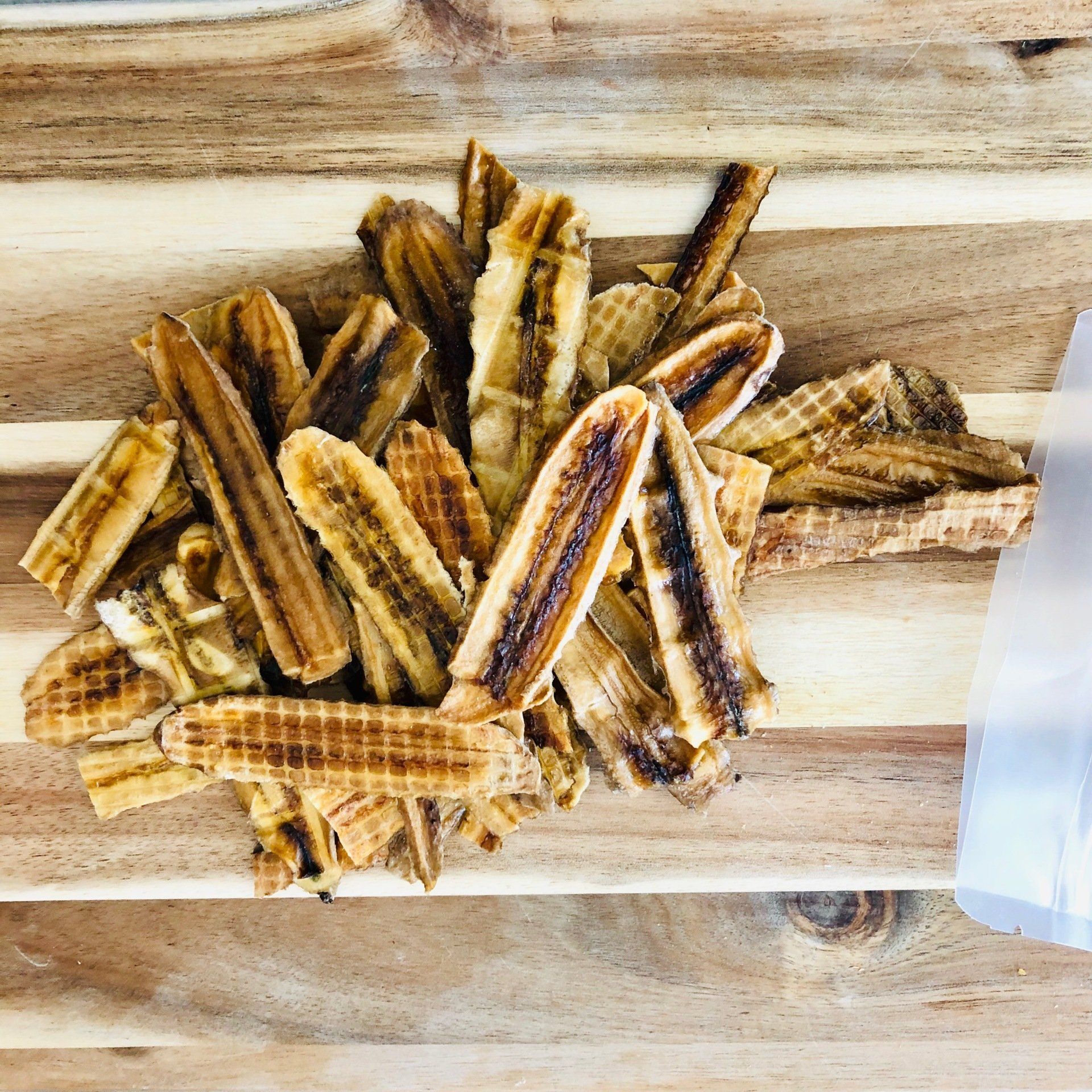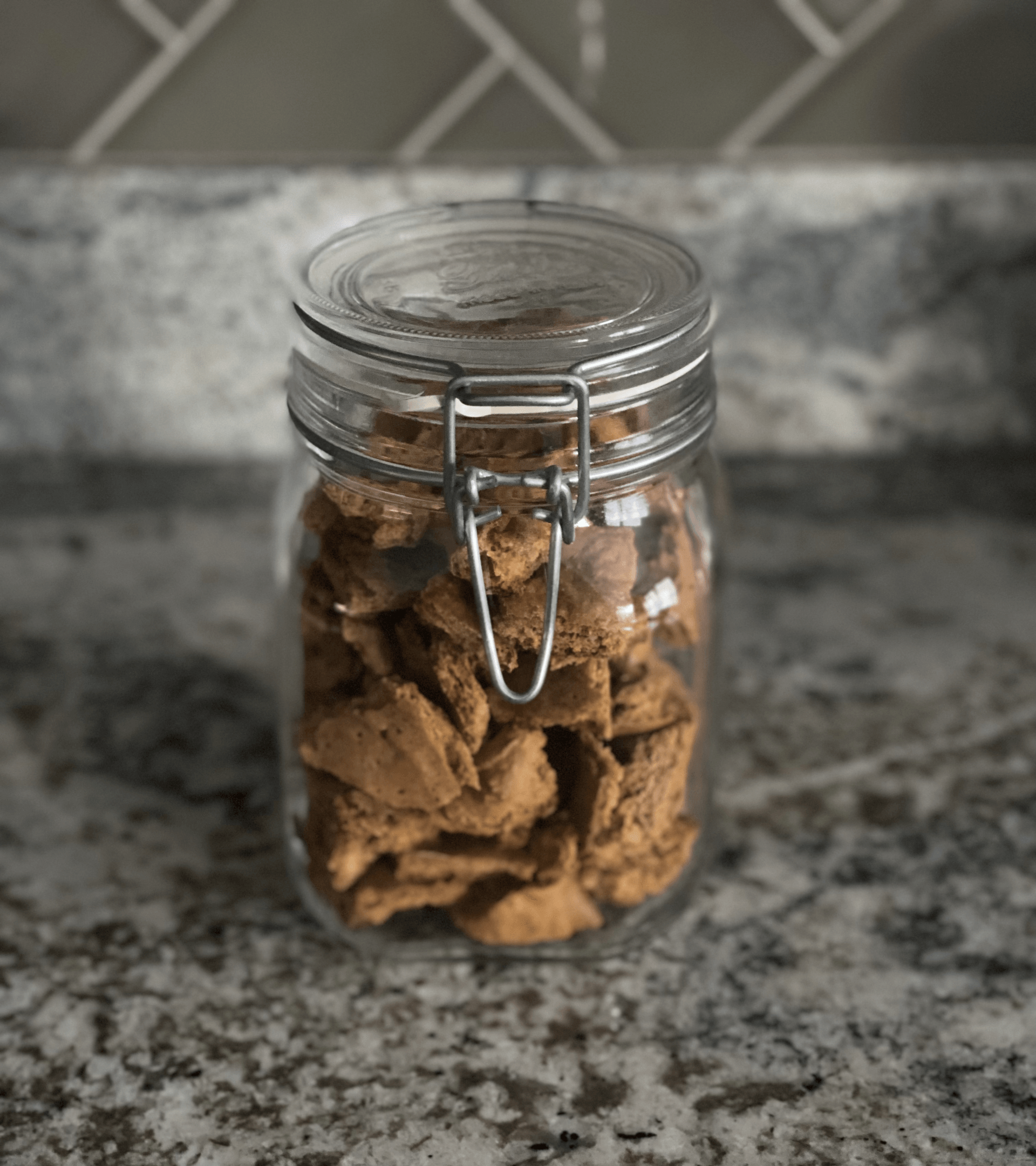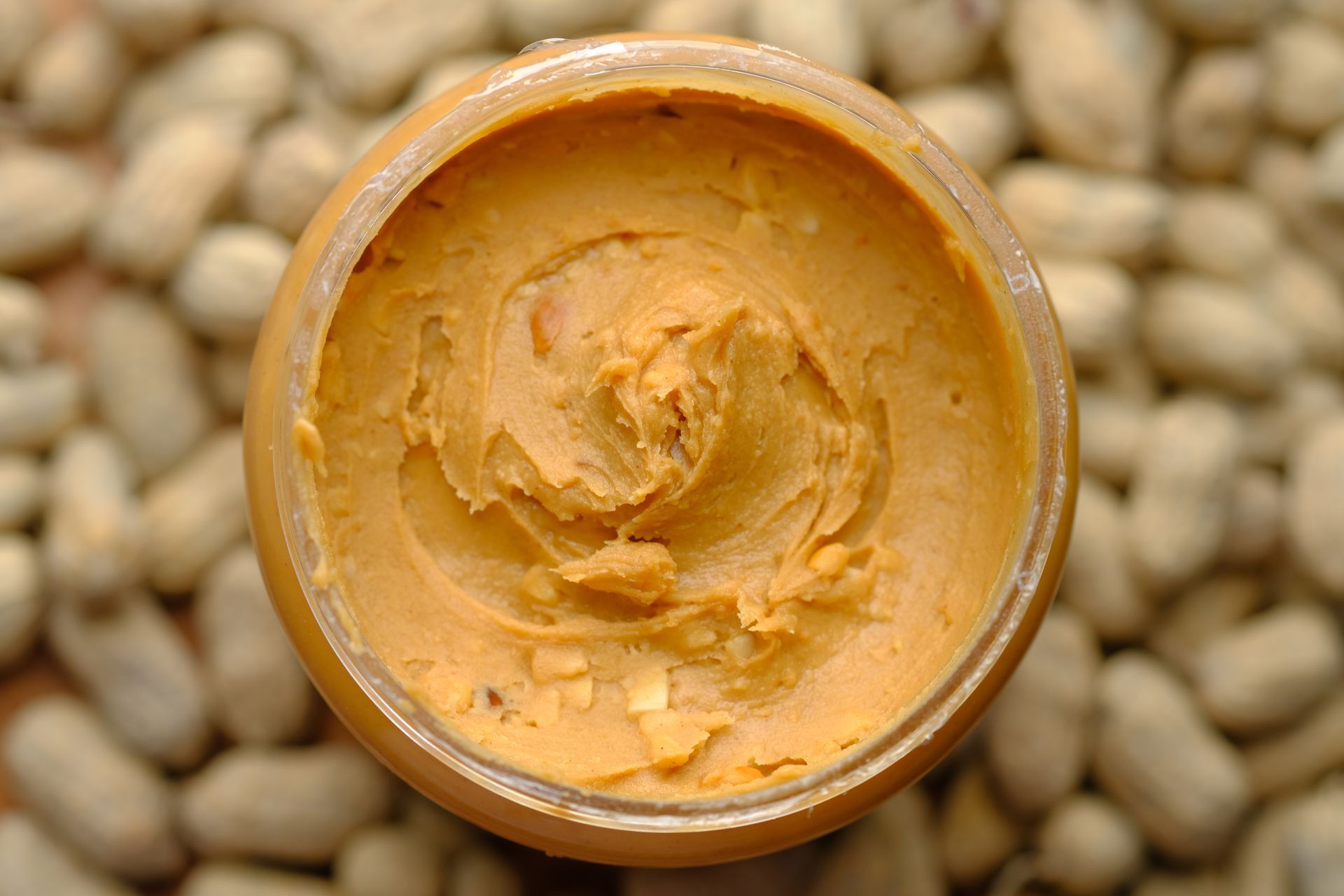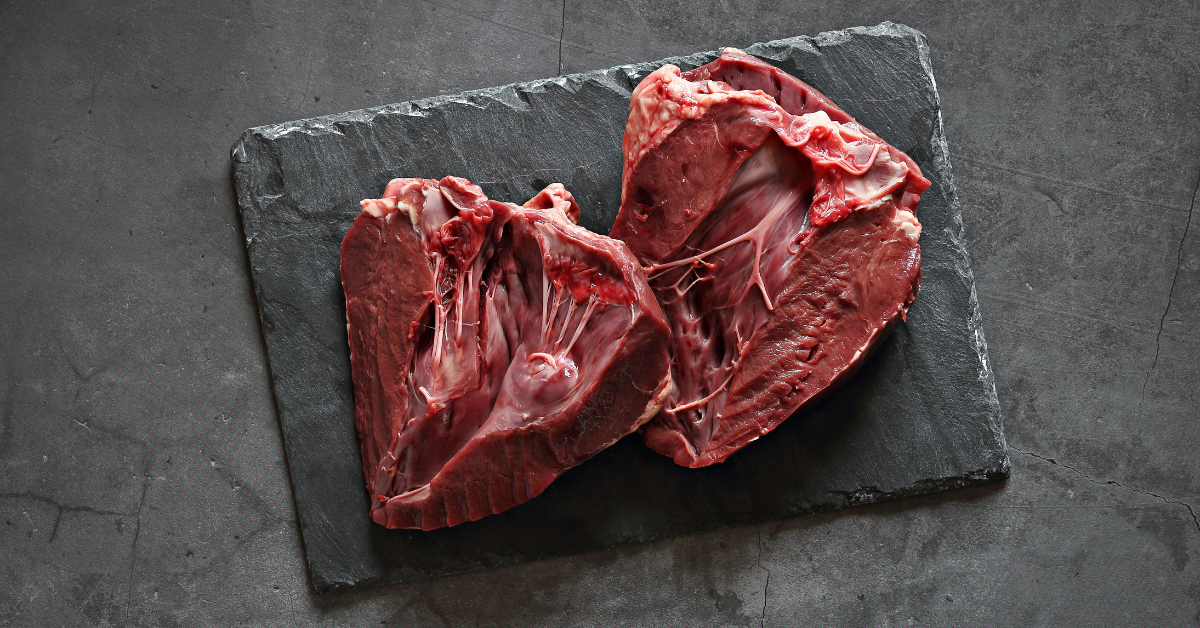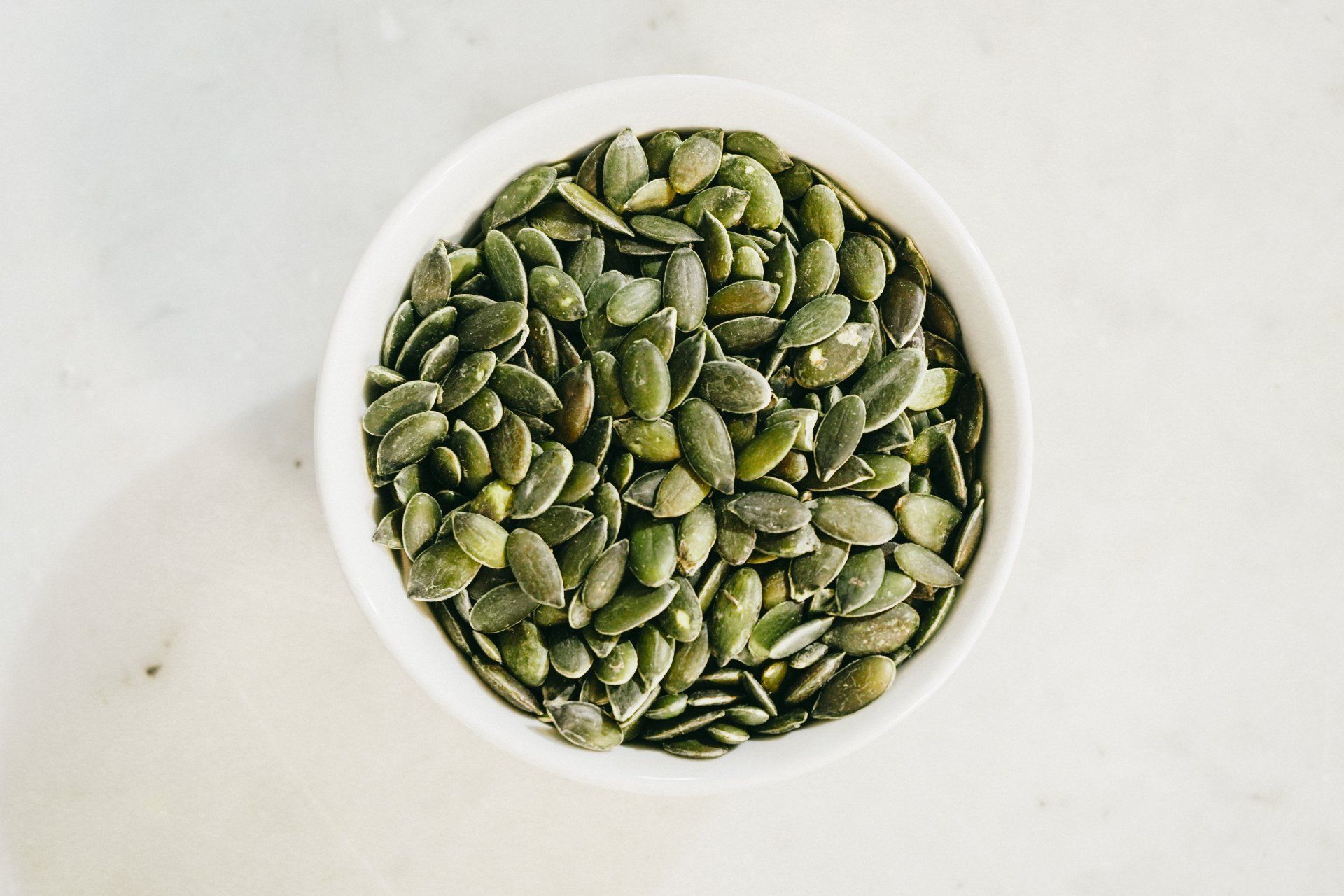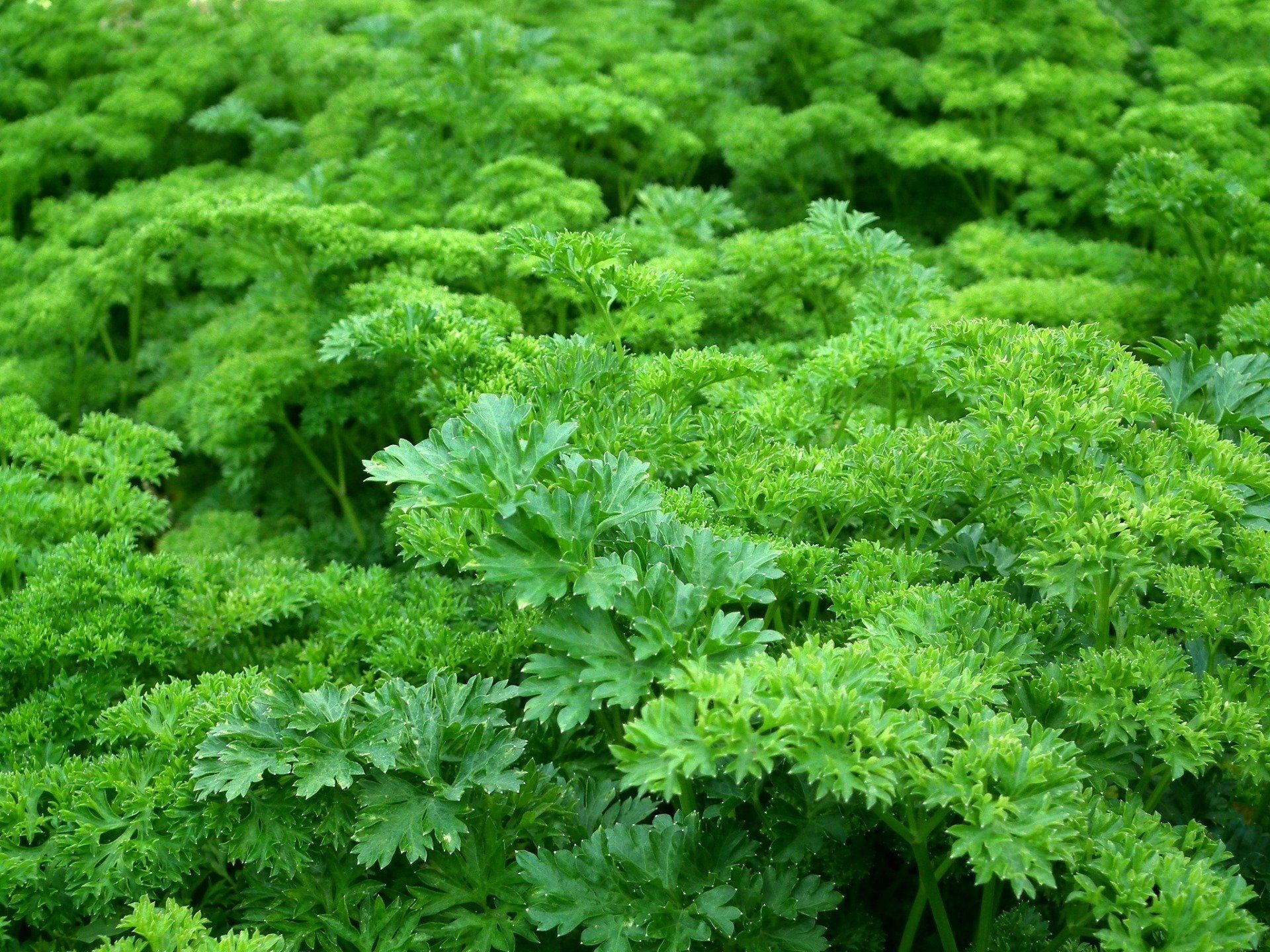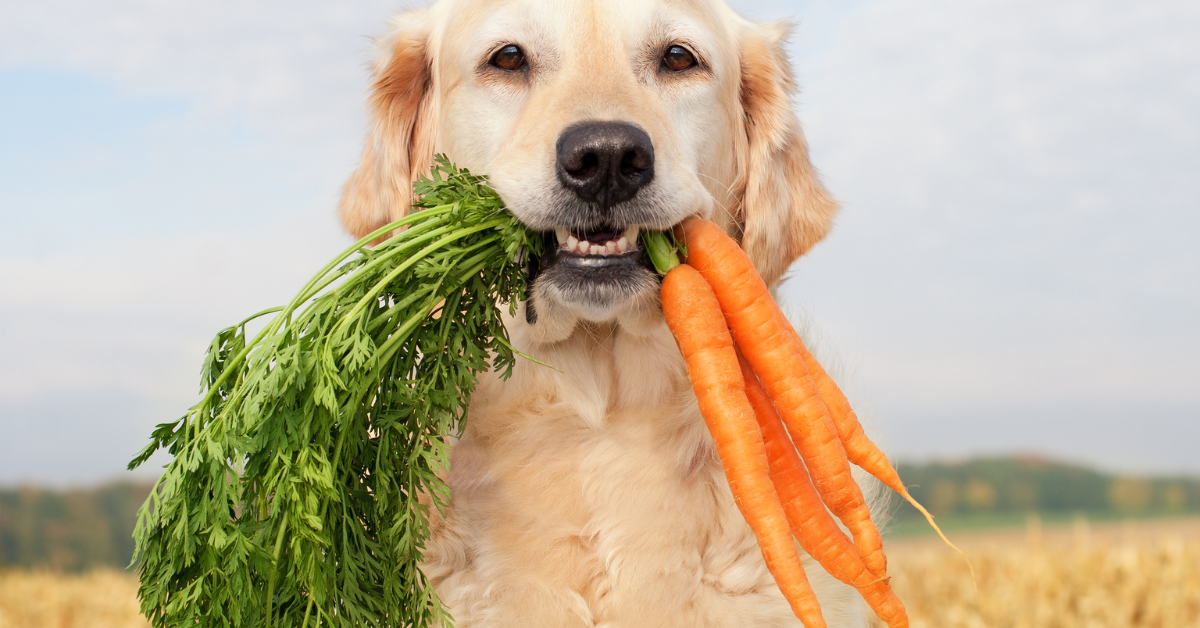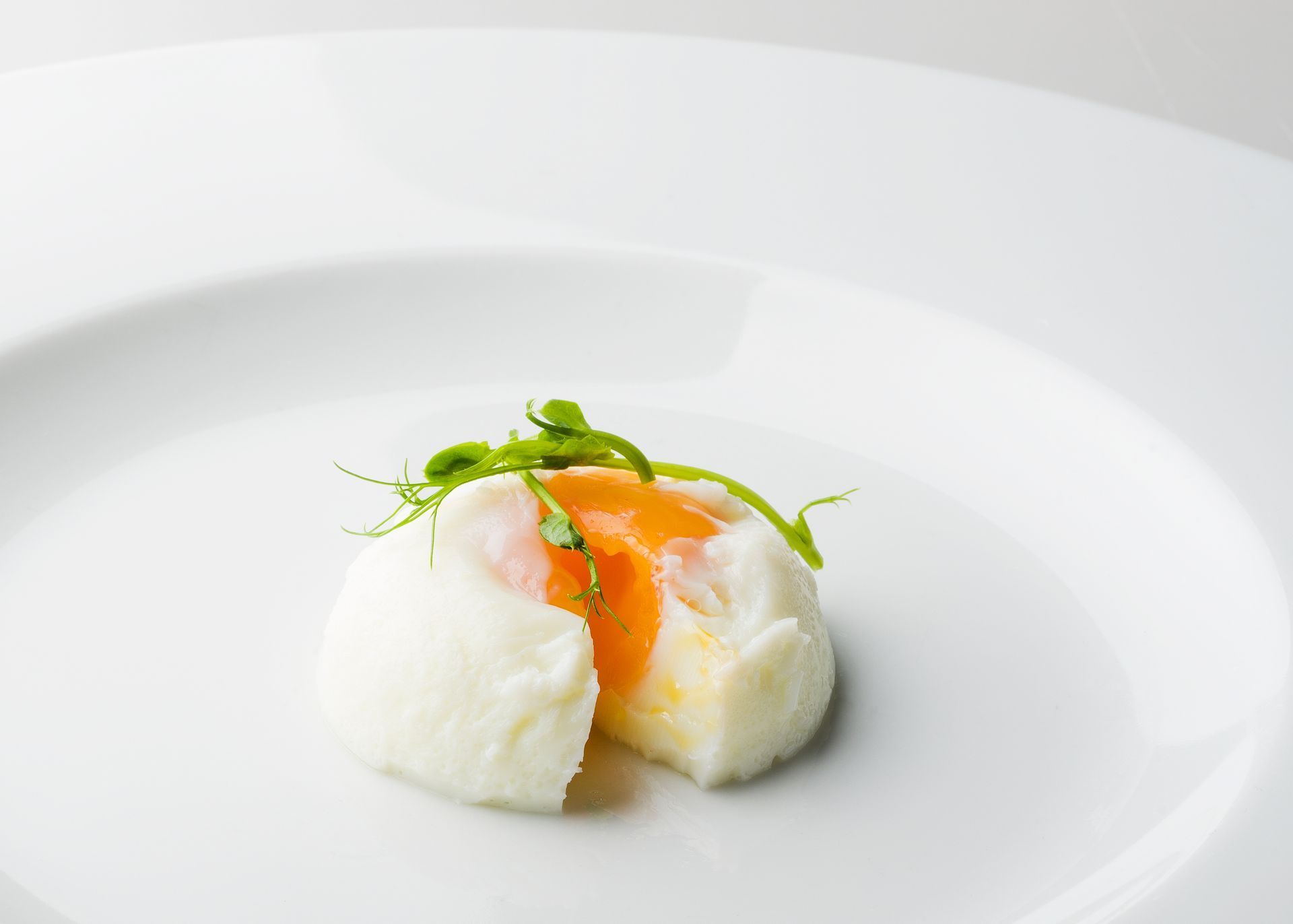
Get in touch
555-555-5555
mymail@mailservice.com
Fido's Bowl
The Great Dog Food Debate: Grains or No Grains?
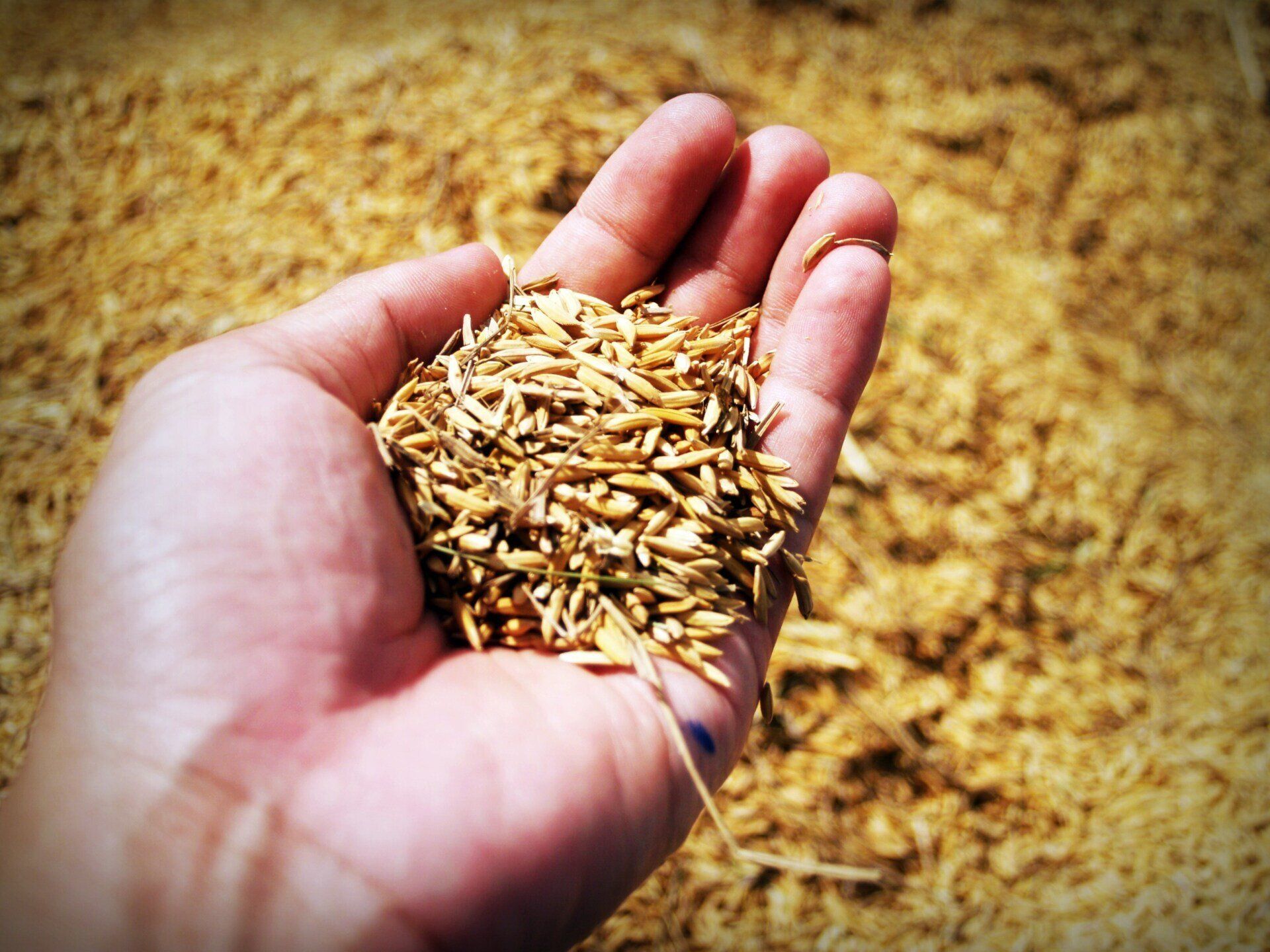
This page may contain affiliate links, and we may earn a commission, referral fee, or compensation. Please read our Disclaimer.
Advertisement
Recent Posts
The world of dog food can be a confusing place, especially when it comes to grains. There are strong opinions on both sides of the fence, with passionate advocates for both grain-inclusive and grain-free diets. Let's break down the key points to help you make an informed decision for your furry friend.
The Rise of Grain-Free and the Legume Link
For many pet owners, the appeal of grain-free dog food lies in the belief that it mirrors a dog's ancestral diet. Since wolves, a dog's wild ancestor, don't eat grains, some advocates believe grains do not belong in a dogs diet and may even contribute to allergies and digestion issues. Grain-free dog food gained significant popularity in recent years. However, it also became the center of attention in 2018 when the FDA began investigating a potential link between certain grain-free diets and canine dilated cardiomyopathy (DCM), a serious heart condition.
It's important to keep in mind that the FDA has not reached a definitive conclusion about the cause of DCM in connection with grain-free diets. However, a common thread among the investigated foods was high legume content. Legumes, like peas and lentils, are a plant-based protein source sometimes used in grain-free dog foods.
Here's where the confusion sets in: Many pet owners likely assumed "grain-free" meant a food high in meat protein. While some grain-free dog foods do contain high-quality meat sources, the FDA investigation suggests that some brands may have used a high amount of legumes as a more cost-effective way to boost protein content. So, the potential issue might not necessarily be the absence of grains, but rather the high legume content in certain grain-free formulations.
It's also important to distinguish between commercially produced grain-free dog food and homemade or raw diets that are free of grains. We need to remember that these diets do not necessary have high amounts of legumes or any legumes for that matter, potentially mitigating the concerns around legumes.
Decoding Carbs: The Power of Grains in Dog Food
Not all carbohydrates are created equal. Simple carbohydrates, like those found in sugary treats, provide a quick burst of energy that can lead to crashes and leave your dog feeling hungry again soon. In contrast, complex carbohydrates, the kind found in whole grains, offer sustained benefits for your dog's health.
Here's how complex carbohydrates from whole grains contribute to your pup's well-being:
1. Sustained Energy Release: Complex carbohydrates are slowly broken down by your dog's body, providing a steady stream of energy throughout the day. This is especially important for active dogs who need long-lasting fuel for walks, playtime, and adventures.
2. Digestive Powerhouse: Whole grains are a rich source of fiber, which plays a crucial role in promoting healthy digestion. Fiber keeps your dog's digestive system running smoothly, preventing constipation and promoting gut health. Additionally, prebiotics found in some whole grains can nourish the good bacteria in your dog's gut, contributing to a balanced gut microbiome.
3. Weight Management Support: The fiber content in whole grains also aids in weight management. Fiber helps your dog feel fuller for longer, potentially reducing their desire to overeat and supporting a healthy weight.
4. Essential Nutrient Package: Whole grains aren't just a source of energy; they also pack a punch of essential vitamins and minerals. For example, whole wheat provides vitamins B and E, which contribute to healthy skin and coat. Additionally, some whole grains are a good source of omega-3 and omega-6 fatty acids, which can benefit your dog's skin and immune system.
Not All Grains Are Equal:
It's important to remember that the nutritional value of grains can vary. Refined grains, like white flour and white rice, have been stripped of their bran and germ – the parts containing most of the fiber, vitamins, and minerals. While these refined grains may provide some carbohydrates for energy, they lack the additional health benefits offered by whole grains.
Choosing Wisely: When selecting a grain-inclusive dog food, opt for one that features whole grains high on the ingredient list. This ensures your dog gets the maximum benefit from these nutritional powerhouses and enjoys a well-balanced diet that fuels their adventures and supports their overall health.
Grains and Allergies: A Canine Connection
While grains can offer valuable benefits for many dogs, they can also be a trigger for allergies in some pups. Let's explore the connection between grains and canine allergies:
Understanding Food Allergies
A food allergy occurs when a dog's immune system overreacts to a specific protein in their food. The body mistakenly identifies the protein as a threat, triggering an inflammatory response. This can manifest in various ways, including:
- Skin issues: Itching, redness, inflammation, and excessive licking are common signs of a food allergy.
- Digestive problems: Vomiting, diarrhea, and flatulence can also indicate a food allergy.
- Ear infections: Chronic ear infections may be linked to food allergies in some dogs.
Grains and the Allergy Equation
While any ingredient can potentially trigger a food allergy in dogs, protein sources are the most common culprits. However, some grains contain proteins that can cause allergic reactions. Common grain-based allergens for dogs include:
- Wheat: Wheat gluten is a common protein found in wheat that can trigger allergies in some dogs.
- Corn: While not as common as wheat allergies, some dogs can be allergic to the proteins in corn.
- Barley and Rye: These grains also contain proteins that can cause allergic reactions in some dogs.
Important:Just because grains can be allergens doesn't mean all grains are bad for dogs with allergies. Many dogs with grain allergies can tolerate other grains, such as rice or oats.
Diagnosing a Food Allergy: If you suspect your dog may have a food allergy, consulting your veterinarian is crucial. They can recommend diagnostic tests to pinpoint the specific allergen and guide you towards a food that avoids the trigger ingredient.
The Takeaway: Grains can be a healthy component of a dog's diet, but they can also be a source of allergies for some pups. If you notice signs of a food allergy in your dog, talk to your veterinarian to determine the cause and find an alternative food that keeps your furry friend happy and healthy.
Finding Affordability in Homemade Diets: The Power of Whole Grains
We all strive to nourish our canine companions with the best food possible. Homemade and raw diets offer the benefit of ingredient control and addressing specific dietary needs. However, these options can also be more expensive than commercially prepared kibble. Here's how strategically incorporating whole grains can help you achieve a budget-friendly balance:
Cost-Effective Swaps, Not Sacrifices:
The key is making smart substitutions, not sacrifices. We can replace a small portion (5-10%) of meat in your dog's homemade or raw diet with nutrient-dense whole grains. This doesn't mean compromising quality – we're swapping a small amount of meat for powerhouses like brown rice, quinoa, or oatmeal.
The Advantages of Whole Grains:
These whole grains are a far cry from fillers like corn or wheat byproducts. They come packed with benefits that enhance your dog's well-being:
- Budget-Friendly: Whole grains are generally more affordable than meat sources. This allows you to stretch your food budget further while still providing essential nutrients.
- Sustained Energy: Unlike simple carbohydrates, whole grains are complex carbohydrates. They break down slowly, providing your dog with a steady stream of energy throughout the day. This is a game-changer for active breeds like Labradors, who seem to have bottomless appetites. The whole grains can help them feel fuller for longer, potentially reducing the urge to overeat.
- Digestive Support: Whole grains are a good source of fiber, promoting healthy digestion and gut health in your dog.
Making a Budget-Conscious Choice:
Imagine you typically prepare a week's worth of homemade food for your dog, using 20 pounds of meat. By replacing 10% of that (2 pounds) with whole grains, you'll see a cost saving on the meat, while still providing your dog with a nutritious and balanced diet. These small savings add up over time, allowing you to sustain a high-quality homemade diet for your furry friend.
Informed Decision-Making for Your Dog's Diet
The world of dog food can be a battleground of opinions, with passionate advocates for grain-free, raw, homemade, and commercially prepared diets. It's easy to get swept up in the noise and feel pressured to follow a specific school of thought. Here's how to navigate the information overload and make informed choices tailored to your dog's unique needs:
Sifting Through the Information:
- Ancestral Beliefs vs. Modern Science: The idea of mimicking a wolf's diet is understandable, but domesticated dogs have evolved alongside humans for millennia. Their nutritional needs may differ from their wild ancestors.
- The FDA Investigation: The investigation into grain-free diets and DCM is ongoing. While a link hasn't been definitively established, it highlights the importance of high-quality dog food, regardless of grain content.
- Veterinarian Expertise: Your veterinarian is a resource. They assess your dog's individual needs, considering factors like breed, age, activity level, and allergies.
- Understanding Allergies: If your dog has allergies, grains are a common culprit, but not the only possibility. Consult your veterinarian for allergy testing to pinpoint the trigger ingredient(s).
- Cost Considerations: Homemade and raw diets can offer greater control over ingredients but may be more expensive than commercially prepared kibble. Whole grains can be a budget-friendly way to add variety and nutrients to a homemade diet.
- Nutritional Needs: Both grains and meat offer essential nutrients for your dog. Grains provide complex carbohydrates for sustained energy and fiber for digestion. Meat is a source of protein, essential for building and repairing tissues.
Applying the Knowledge to Your Situation:
There's no magic formula, and the "best" diet depends on your dog and your circumstances. Use the information above as a framework to make informed choices:
- Consider Your Dog: Think about your dog's age, breed, activity level, and any health concerns. These factors will influence the type and amount of food they need. For example, a senior dog with joint issues may benefit from a diet formulated for joint health.
- Evaluate Your Lifestyle: How much time can you dedicate to food prep? Homemade and raw diets require more effort than kibble. Budget is also a factor – commercially prepared food might be more cost-effective for some pet parents.
- Seek Professional Guidance: Talk to your veterinarian or a nutritionist. They can assess your dog's needs and recommend a diet that provides optimal nutrition.
Avoiding the Echo Chamber:
Online communities and forums can be valuable for information and support. However, be mindful of groups that promote only one dietary philosophy. Here's how to navigate these spaces:
- Recognize Biases: Understand that some online communities may be heavily influenced by a specific ideology.
- Seek Diverse Perspectives: Look for resources that present a balanced view of different dietary approaches. Reputable veterinary websites and articles from peer-reviewed journals are good starting points.
- Focus on Why, Not Just What: People may advocate for specific diets for various reasons. Understanding their motivations can help you form your own opinion.
Remember:
The ultimate goal is to find a diet that keeps your dog happy, healthy, and full of energy. By prioritizing your dog's individual needs, collaborating with your veterinarian, and filtering out online opinions, you can make informed choices about your dog's diet. There's no pressure to conform – carve your own path based on your dog's specific needs and your personal circumstances.
Advertisement
Advertisement
More from the Blog

Changing our what's in our dog's bowls. A guide to healthy diets, natural supplements and resources for optimal health. What's in your dog's bowl?
Join our Newsletter
Join our newsletter-footer
Thanks for joining us! Be sure to check your email for the latest!
Please try again later.
All Rights Reserved | Fido's Bowl

